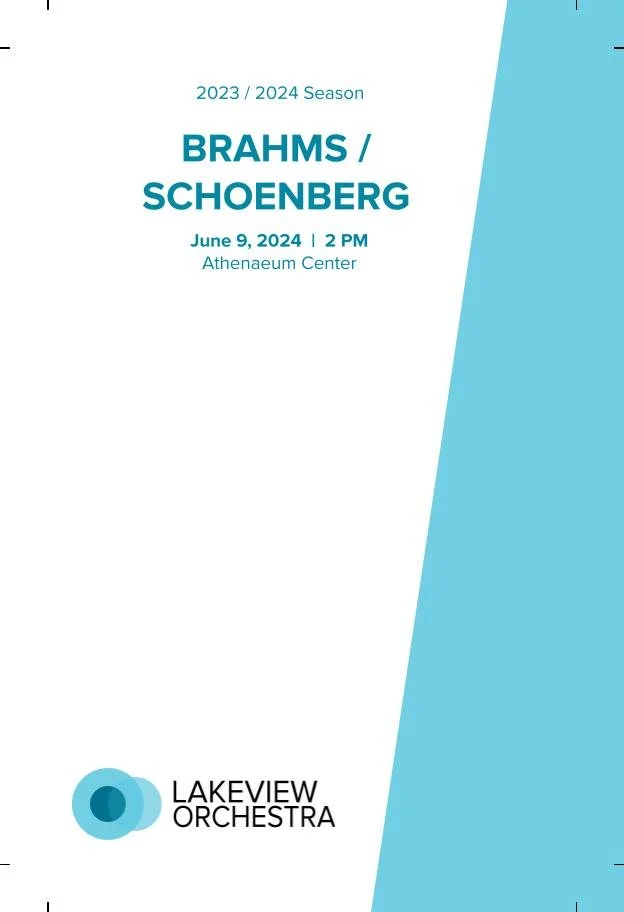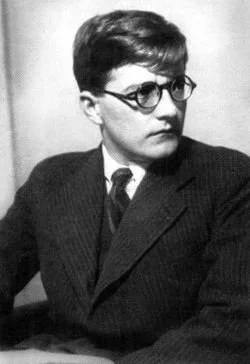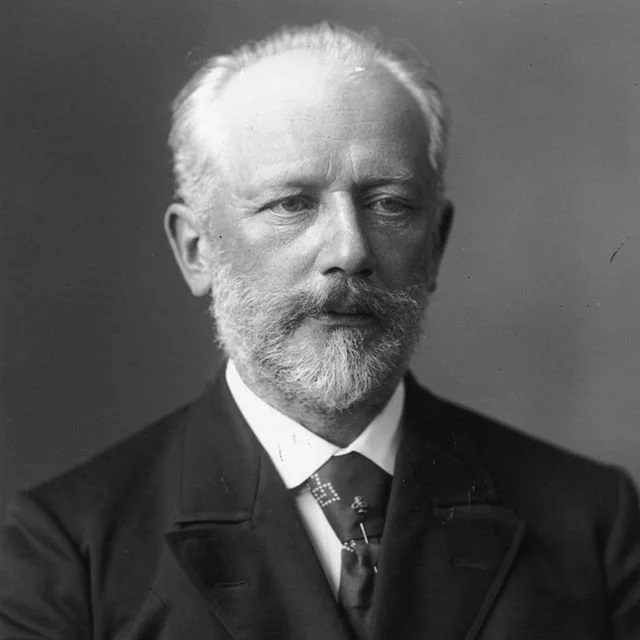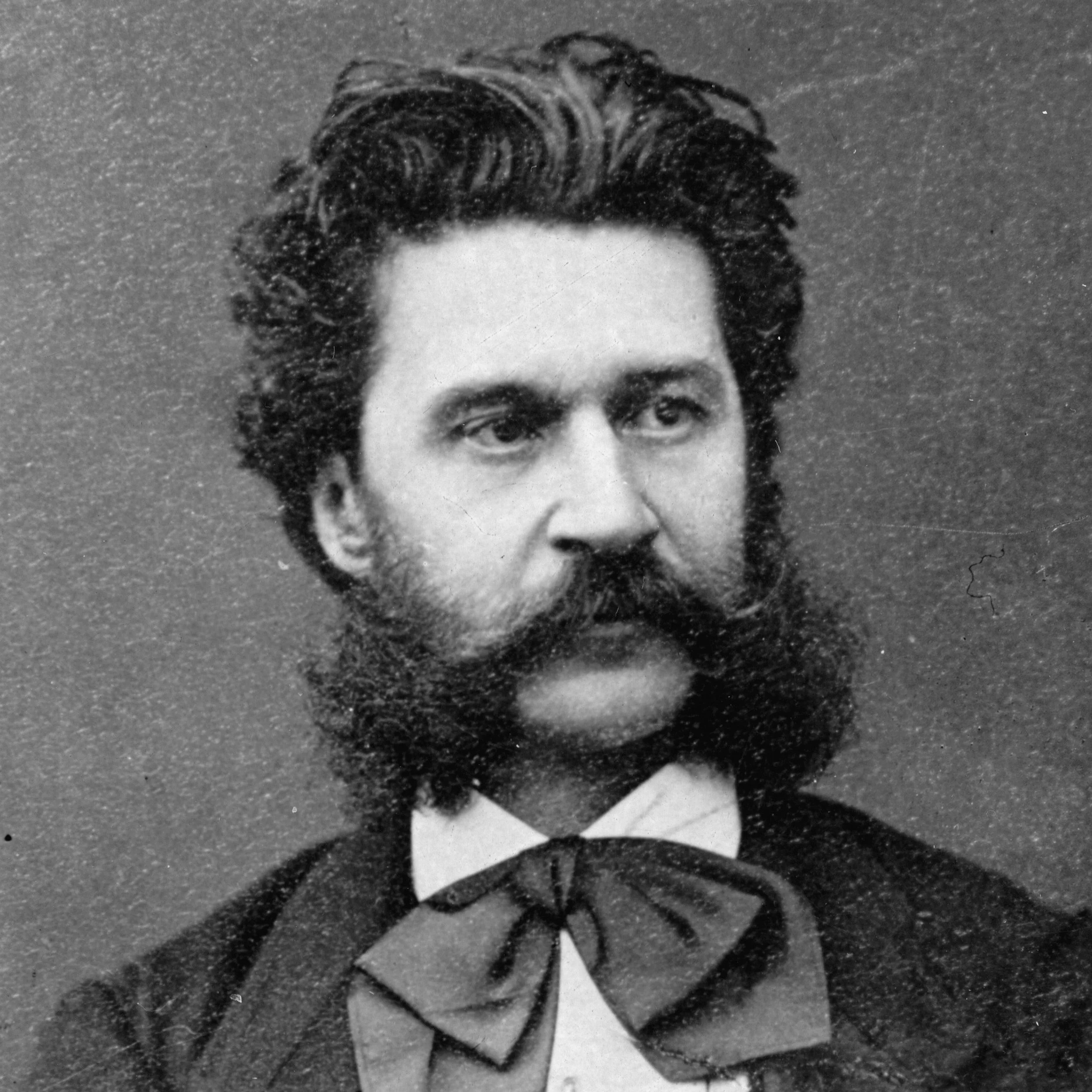In the mid-19th century, Hungary, like other European nations, was grasping towards a unified national identity. Then a semi-autonomous region of the Habsburg Empire, Hungary became the third country in continental Europe, after France and Belgium, to implement parliamentary elections in 1848.
Had it stood, the law would have made Hungary home to the largest democratic electorate in Europe. But after his more moderate predecessor abdicated the Habsburg throne that year, King Franz Joseph I moved to suppress the democratic movements sprouting across his domain. He quelled the Hungarian revolution and placed the country under military rule.
In the years to come, however, Franz Joseph saw the writing on the wall. A series of debts and humiliating military defeats made it clear the Habsburg Empire couldn’t bridle its subjects much longer. In 1867, Franz Joseph and Hungarian political leaders brokered the Austro-Hungarian Compromise, which established the dual monarchy of Austria-Hungary (1867–1918).
Two years later, Strauss—who, along with his father, was a prolific composer of light music and waltzes—composed Éljen a Magyar! to commemorate the newfound alliance. But what seems like a fun and folkish polka (a fast, duple-meter dance) is rather provocative in context. Strauss’s father, Johann Strauss I, was a staunch monarchist who courted favor with the Habsburgs. The younger Strauss, on the other hand, had a revolutionary streak—at least, until it was professionally disadvantageous to do so.
Éljen a Magyar translates to “Long live the Magyar,” referring to the dominant ethnic group in Hungary. Its coda even quotes the unofficial Hungarian national anthem: the Rákóczi March, named for a revolutionary who led Hungary’s first attempt to shake off Habsburg rule in the early 1700s. What sounds to us like a breezy orchestral romp would have been heard by 19th-century Hungarians as a musical declaration of solidarity—one all the more remarkable coming from an Austrian of Strauss’s station.
—Hannah Edgar
GEORGES BIZET
Born: October 25, 1838 | Paris, France
Died: June 3, 1875 | Bougival, France
CARMEN, SUITE NO, 1
Composed: 1873 - 1875
Premiered: March 3, 1875 | Paris, France
Performance Time: 10 minutes
Georges Bizet was a genuine musical prodigy, whose talent was early and widely recognized, who studied with the best teachers and composers in France, who perhaps was the close equal of Liszt as a pianist, who won the Prix de Rome, and who composed perhaps the most popular opera of all time. And yet, his career was a checkered one, full of missteps, works that were never finished, works that were finished and not performed, betrayals and failures with the French operatic establishment, and an early death. His musical legacy was a story of lost manuscripts, poor or no scholarly attention, bad editions, and general neglect.
Today, the American musical public knows his work almost entirely through his immortal opera Carmen, and to a lesser degree, the opera The Pearl Fishers, as well as his orchestral suites of incidental music from the play L’Arlésienne. Moreover, to survive financially, he was reduced to spending much of his musical life arranging the music of other composers.
But there is Carmen. It clearly is one of the greatest operas of the nineteenth century and takes a place of honor among all in the genre. He worked on it between 1873 and 1874, and its premiere took place at the Opéra-Comique in Paris in March of 1875.
It was not an easy birth. The orchestra complained about the difficulty of the score (“unplayable”); the singers said the orchestra was too loud; the women in the chorus resented having to smoke and fight on stage. But the opera was a success, owing perhaps as much to its perceived scandalous nature as anything. And poor Bizet died shortly after two heart attacks in May of that year, at the age of 36.
The two suites extracted from the score by his friend, Ernest Guiraud, quickly entered the standard repertoire for orchestra and have remained so. Suite No. 1 comprises six excerpts. The first, the Prélude from Act I, ominously sets the stage with its fate motive, played by a sinister low trumpet. The “Aragonaise,” the entr’acte to Act IV, features percussion, woodwind solos, and gentle arabesques.
The “Intermezzo,” the entr’acte to Act III, is a delicate solo for flute and harp, whose tranquility belies the tragedy to come. The evergreen “Les Toréadors,” from the procession of the bullfighters from Act IV, ends the suite.
Bizet lived only one year longer than Mozart, who left behind more masterpieces than any dozen geniuses should be allowed. Bizet finally found the voice of his genius just before he died. The mind reels with possibilities had he, as did Verdi, lived another half century.
© 2015 William E. Runyan
PYOTR ILYICH TCHAIKOVSKY
Born: May 7, 1840 | Votkinsk, Russia
Died: November 6, 1893 | St. Petersburg, Russia
POLONAISE FROM EUGENE ONEGIN
Composed: May 1877 – January 1878
Premiered: March 29, 1879 | Moscow, Russia
Performance Time: 5 minutes
Of the ten operas Tchaikovsky completed, just two have entered the canon: his Queen of Spades (1890) and Eugene Onegin, which premiered in Moscow in 1879. Based on Alexander Pushkin’s verse novel of the same name, the opera follows the title character, a city slicker from St. Petersburg, on his visit to the Russian countryside. Tatyana, a bookish, reserved teenage girl, becomes besotted with Onegin. She confesses her feelings in a love letter, but Onegin rebuffs her at the end of the first act, saying he doesn’t intend to marry.
The opera’s third act, set five years later, opens amid a high society event in St. Petersburg—signaled by this grand polonaise, a lively, triple-time Polish dance usually heard at formal balls. Onegin spots Tatyana across the room and realizes he’s in love with her after all. In an echo of Act I, he pours his heart into a passionate letter.
It’s too little, too late. Though she still carries a torch for Onegin, Tatyana is now married to a prince and vows to remain faithful to him. The curtain, once again, falls on heartbreak—this time Onegin’s.
—Hannah Edgar
RALPH VAUGHAN WILLIAMS
Born: October 12, 1872 | Down Ampney, England
Died: August 26, 1958 | London, England
ENGLISH FOLK SONG SUITE
Composed: 1923
Premiered: July 4, 1923 | Whitton, England
Performance Time: 10 minutes
As a relative newcomer to the world of serious music ensembles, historically, concert band repertoire—much of it originally for military bands—has borrowed heavily from orchestras, since the finest composers did not initially write for bands. Once the concert band standardized its instrumentation, however, composers started writing original music for this emerging medium.
In 1923, Ralph Vaughan Williams—an English composer already lauded in the orchestral world for his Fantasia on a Theme by Thomas Tallis (1910), The Lark Ascending (arranged for solo violin and orchestra in 1921), and three symphonies—wrote his first serious piece for military band. The Folk Song Suite was very successful and is now considered a masterpiece of band literature. Reversing the usual protocol, Gordon Jacob, a student of Vaughan Williams, found that this exceptional suite would work even better as a full orchestra piece, and arranged the work the following year.
It is hoped that this year, the 100th anniversary of the orchestra version, the English Folk Songs will be performed often and given a place of prominence in the vast wealth of orchestra literature befitting the esteem of its composer.
—Jeffrey T. Parthun, Sr.
JOHN POWELL
Born: September 18, 1963 | London, England
HOW TO TRAIN YOUR DRAGON
Composed: 2010
Premiered: March 21, 2010 | Film score
Performance Time: 5 minutes
John Powell is an English composer of film music, television scores, commercials, and concert music, most known for scoring animated films like Antz, Happy Feet, and Kung Fu Panda, as well as action movies like Hancock, Mr. & Mrs. Smith, and several Bourne movies. His music for the 2010 animated film How to Train Your Dragon—about a Viking boy’s unlikely friendship with a dragon, and adapted from the children’s books of the same name—was nominated for an Academy Award for Best Original Score. The numbers heard in this compilation bookend the movie: “This Is Berk,” a jaunty tune introducing the film’s village setting, and “Coming Back Around,” which accompanies the triumphant final flight scene featuring the protagonist and his dragon.
The arranger, Sean O’Loughlin, is a composer of educational music for orchestras and concert bands, as well as a conductor: he’s led the Chicago Symphony Orchestra, San Francisco Symphony, Boston Pops, and the Victoria Symphony, where he’s principal pops conductor. His music is published by Excelcia Music, Hal Leonard, and Carl Fischer.
—Jeffrey T. Parthun, Sr.
JOHNNY RICHARDS
Born: November 2, 1911 | Querétaro, Mexico
Died: October 7, 1968 | New York, New York
LA SUERTE DE LOS TONTOS
Composed: 1956
Performance Time: 5 minutes
In the 1940s and ’50s, Latin jazz took the world by storm. One problem: many of the artists experimenting with the idiom had only a superficial grasp of Latin music. As pianist and bandleader Stan Kenton later admitted, “We had recorded a lot of Afro-Cuban music, and a lot of the Latin guys around New York complained: ‘It's wrong, you're not writing the music correctly… Why don't you try to do something with good harmonic structures and good melodic lines and have it right rhythmically?’”
To “get it right,” Kenton enlisted Johnny Richards, one of his most valued arrangers, to compose a jazz suite for his big band. Richards—born Juan Manuel Cascales in Toluca, Mexico, to Spanish parents—produced Cuban Fire!, a seven-movement suite recorded and released on a Capitol Records album of the same name in 1956. The record was a hit and launched Richards into wider renown.
“La Suerte de los Tontos” (“Fools’ Fortune”) is the suite’s fourth number. The movement is marked “marcato nanigo”—“nanigo” referring to an intricate 6/8 rhythmic pattern with roots in Yoruba drumming rituals. Like so many essential Afro-Cuban percussion rhythms, the nanigo was preserved, passed down, and gradually transformed by formerly enslaved West Africans in Cuba.
This orchestral version by John Whitney, a prolific arranger long associated with the University of Central Florida, snips out the Kenton recording’s solo breaks and assigns its stratosphere-scraping trumpet lines to the violins. But the huge, grooving percussion battery is true to the original: drum kit, timpani, bongos, congas maracas, claves, timbales, and, most prominently, cowbell.
—Hannah Edgar











